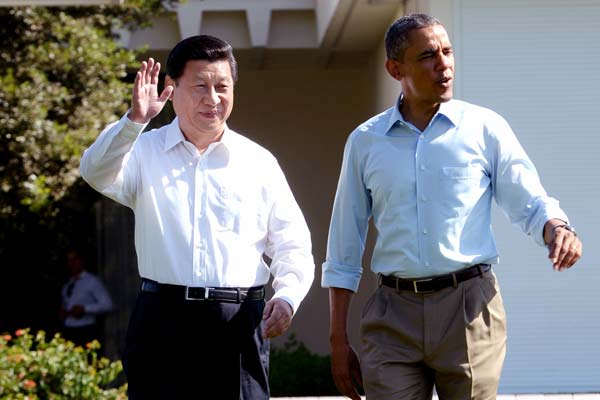A coordinated effort is being made in the USA to raise the minimum wage of fast food workers. Such actions in the past, if they get violent, lead to State intervention. some policy is set, with winners and losers. Over time, the policy fails, but those who designed the policy are long gone.
Now we have the problem of a crust of failed policies on a polity expected to pay for the 40 year vacation of those who crafted the anti-market policies. Those who expect to have a 40 year vacation funded depend on an economy they themselves hobbled to the point that it cannot perform.
USA is contemplating yet another criminal act, this time attacking Syria, and extremely doubtful evidence for an event that is absolutely none of our business. After destabilizing the Middle East and ruining the economies of those countries, we must borrow the money from China to attack Syria.
Here is some state of the art thinking by a USA intellectual:
“[The] major world powers, new and old, also face a novel reality: while the lethality of their military might is greater than ever, their capacity to impose control over the politically awakened masses of the world is at a historic low. To put it bluntly: in earlier times, it was easier to control one million people than to physically kill one million people; today, it is infinitely easier to kill one million people than to control one million people,” said Brzezinski during a 2010 Council on Foreign Relations speech in Montreal.Now that is a happy thought. How about instead of talking about the false dilemma of control a million vs kill a million, how about leave a million alone. Let them trade. Get out of the way.
No one can do it like USA can. We have seen it before, when President Carter deregulated, somewhat, telecommunications, beer, transportation and eliminated some Federal agencies. And in a move that few people appreciate the full import, Carter normalized diplomatic relations with China just as Deng Xiaoping was launching liberalization in China. While idiots gnashed their teeth over Japanese world domination, China grew. The felicitous times over which Reagan presided where the result of Jimmy Carter's administration. Lucky Reagan to have followed Carter.
We need another Jimmy Carter, but election fraud is material in USA, so those who believe we must be in perpetual war and total spying (mostly so those doing the spying can check up on hot chicks) stay in power. Too bad. USA could be a world leader and force for good. But we have a standing military. We have election fraud. We are in a pickle.
We don't need to bomb Syria. We need to bring our soldiers home and deregulate something. Anything. Let people work here, and the rest of the world will follow. We've seen it before, but we need a Jimmy Carter.
Feel free to forward this by email to three of your friends.
